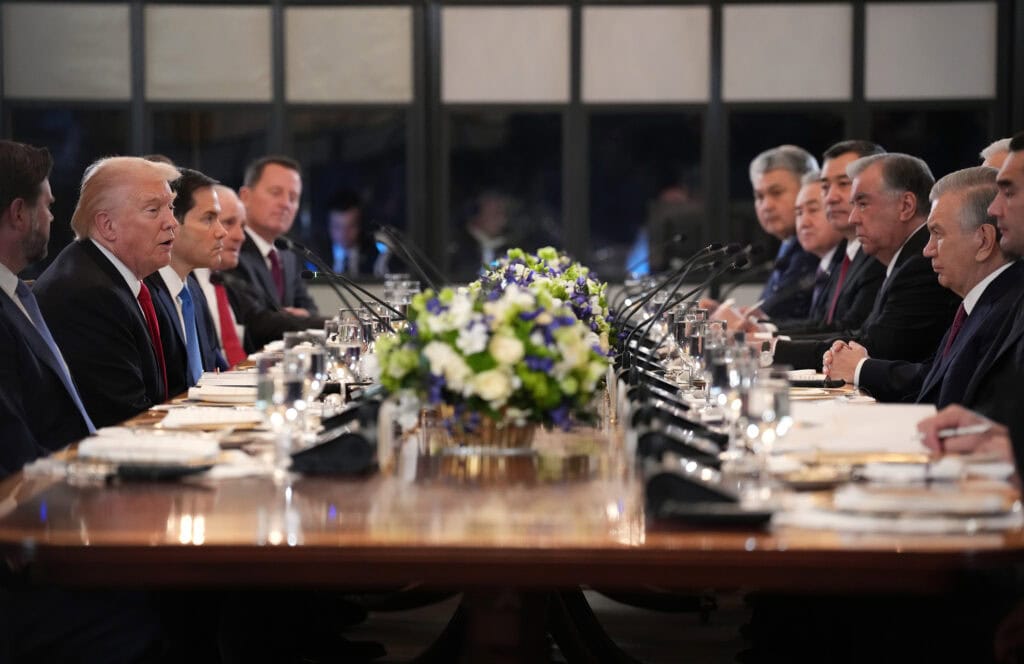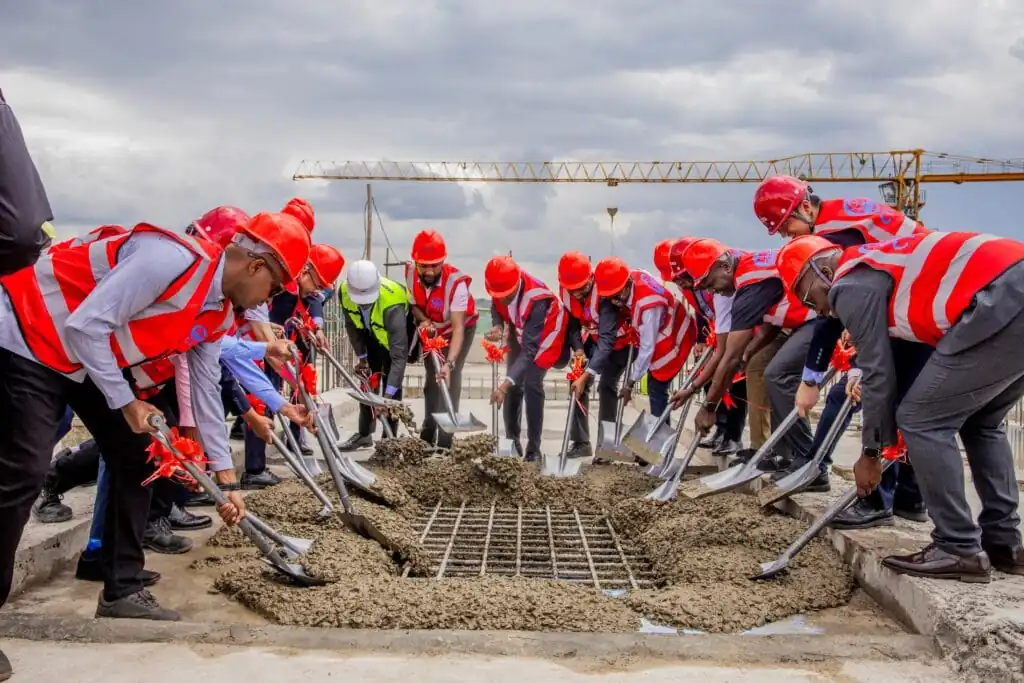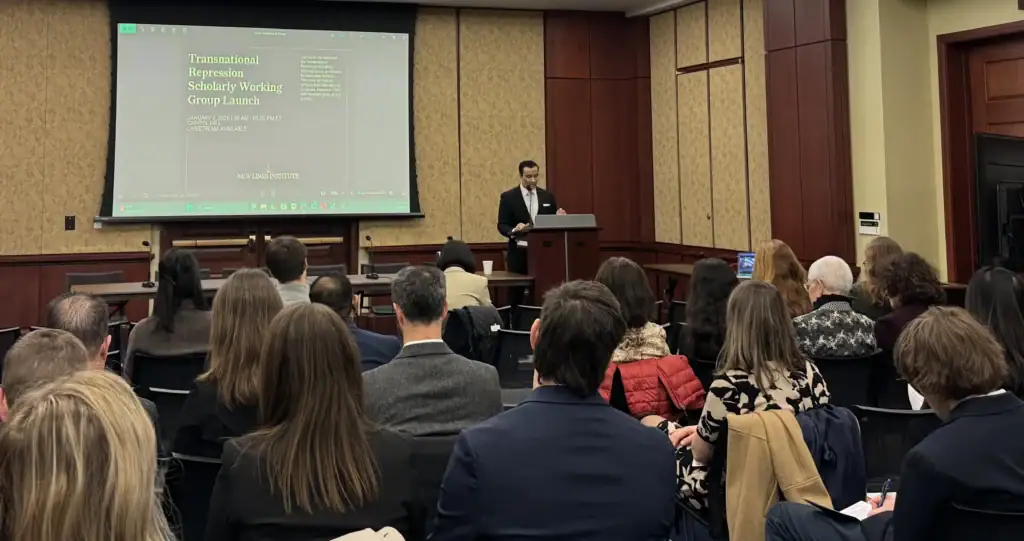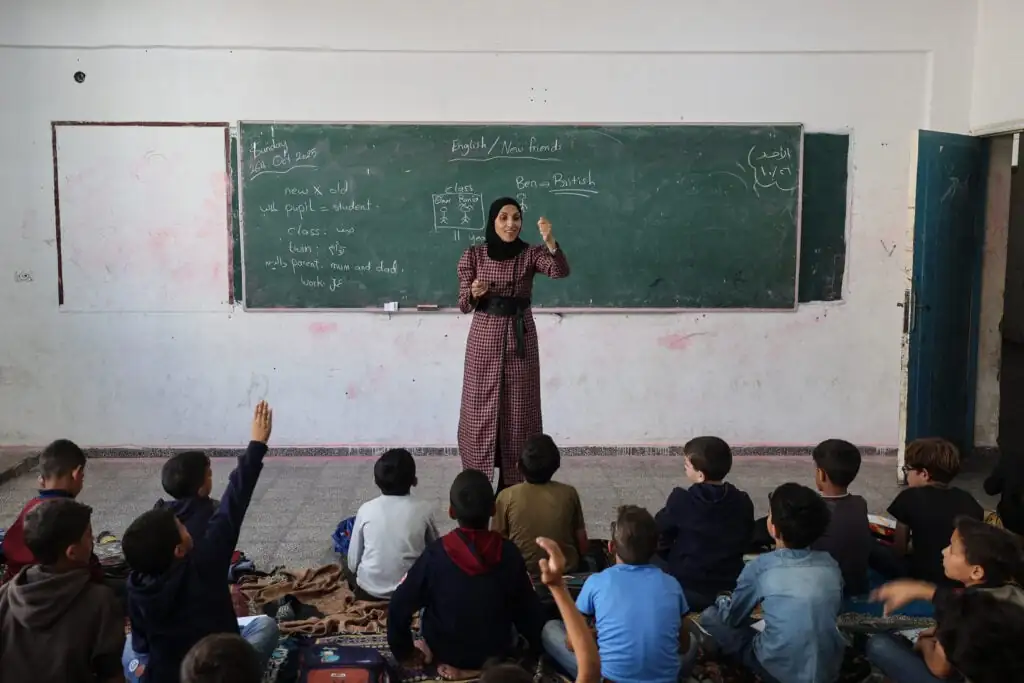
The Three Percenters: A Look Inside an Anti-Government Militia
The U.S. far-right milieu is not monolithic. It can be divided into at least five sections: racist extremism, namely white nationalism/supremacy; anti-government extremism; nativist extremism; anti-abortion extremism; and male supremacy.
The anti-government movement, which is the most relevant to this brief, can be categorized into six further sub-sections: militias, tax protesters, sovereign citizens, constitutional sheriffs, far-right segments of survivalist or “prepper” communities, and conspiracy propagandists.
The Three Percenter movement is a subset of the larger far-right anti-government militia movement, organized primarily around intense fear and loathing of the U.S. federal government. Although fixated on the federal government, anti-government extremists use coded rhetoric that also expresses anxiety toward historically disenfranchised racial/ethnic/religious minorities. Their ideology and narratives
are malleable enough to identify additional perceived enemies, including Muslims. They also often attempt to portray themselves as armed protectors of the U.S. Constitution against tyrants-in-waiting (the U.S. federal government) and various collaborators (anti-fascists [“antifa”], Black Lives Matter, George Soros, Muslims, and others).
Like other anti-government extremists, Three Percenters frame their activities – including paramilitary, firearms, and other weapons/survival training – in defensive terms. Nevertheless, the movement’s supporters have engaged in armed confrontations with law enforcement and engaged in planned violence against various targets, including American Muslim faith-based institutions.
The views expressed in this article are those of the author and not an official policy or position of New Lines Institute.




